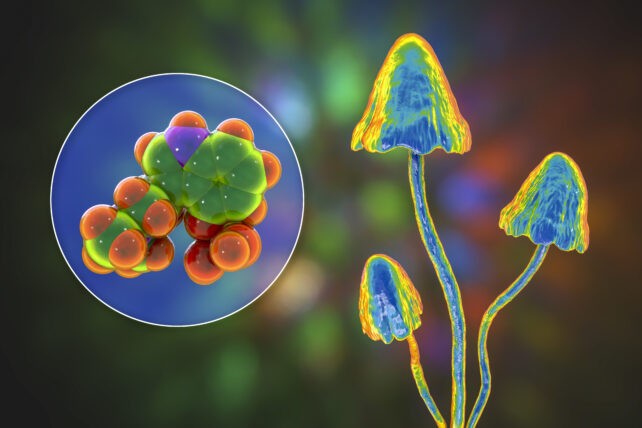Psychedelics Could Be a Powerful Tool to Calm the Immune System — and They Might Do It Without Hallucinations
Once tied to counterculture and psychedelic experiences, these drugs are being reexamined for medical use. As treatments for mental health reach their limits, scientists are returning to this controversial corner of medicine. New research suggests psychedelics could calm the immune system and reduce inflammation, potentially helping conditions driven by inflammatory processes.

In This Article:
Psychedelics Target Inflammation, Not Just Minds
In lab-grown human cells and in animal studies, psychedelics including DMT, LSD, and (R)-DOI have blocked the release of inflammatory cytokines. These cytokines fuel conditions such as rheumatoid arthritis, asthma, and depression, and can worsen brain damage after traumatic injury. By targeting inflammation without suppressing healthy immune function, psychedelics may offer an advantage over traditional anti-inflammatory drugs like steroids.

Early Human Signals: A Dose That Damps Inflammation
In a study with 60 healthy participants, a single dose of psilocybin significantly lowered two key inflammatory molecules—TNF-alpha and IL-6—over the following week. But other studies have involved smaller groups or participants with prior drug experience, which can complicate results. Additionally, blinding is difficult because the psychedelic effects reveal who received the real drug, complicating interpretation of placebo-controlled results.

Ayahuasca, Mood, and the Inflammation Link
Ayahuasca, a psychedelic brew containing DMT, showed promising results in both healthy volunteers and patients with hard-to-treat depression. In one study, those given ayahuasca had reduced levels of CRP, an inflammatory marker. The bigger the drop in CRP, the greater the mood improvements, suggesting inflammation may play a role in mental health. Scientists think psychedelics mainly act through the 5-HT2A receptor, but the anti-inflammatory effects might involve different, less-understood pathways.

From Psychedelics to Safer Drugs: The 'Pipi' Frontier
Researchers are exploring psychedelic-informed but psychedelic-inactive compounds, dubbed Pipi drugs, that mimic therapeutic benefits without causing hallucinations. DLX-001 and DLX-159 from Delix Therapeutics show antidepressant-like responses without a trip in early findings. These could transform treatment for inflammation-related conditions, reducing regulatory hurdles and patient reluctance associated with psychedelics. The path ahead includes more rigorous placebo-controlled trials to verify benefits and safety.


